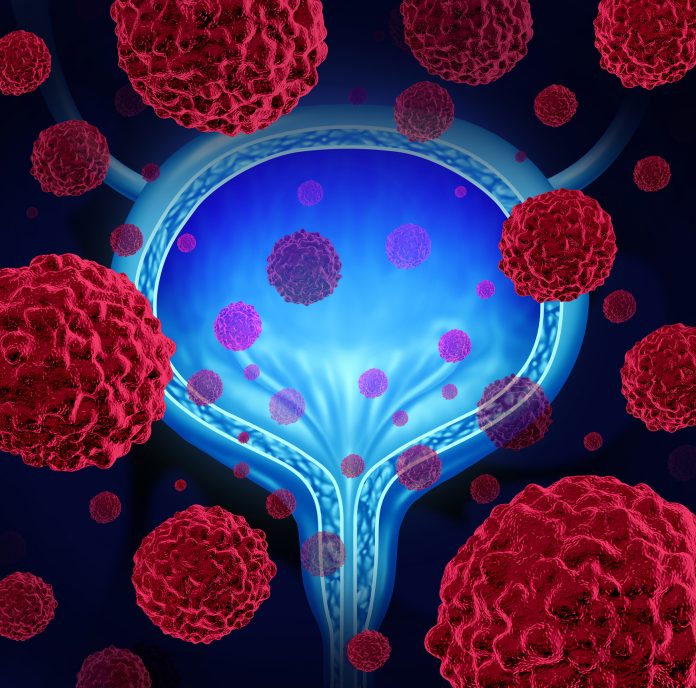
The field of ADCs is heating up, as the FDA just granted PADCEV (Seagen’s enfortumab vedotin-ejfv) and KEYTRUDA (Merck’s pembrolizumab) accelerated approval as a combination therapy for the treatment of certain adult patients with advanced urothelial cancer. Final approval is contingent upon results from a follow up trial (EV-302).
Antibody drug conjugates (ADCs) are gaining a lot of traction. Just this week BioNTech inked a deal worth possibly more than $1.5 billion with China-based ADC specialists Duality Biologics. Last month Pfizer acquired ADC pioneer Seagen for $43 billion.
The companies report this is the first ADC/immune-oncology approved for this indication. ADCs combine antibodies with chemotherapy or other anti-cancer agents. More than a dozen have been approved since 2000. The market for these drugs is estimated at almost $6 billion and expected to double over the next few years. Currently over 1800 trials are ongoing for more than 100 ADC drug candidates.
“The accelerated approval for the combination of PADCEV and pembrolizumab marks an important milestone for the approximately 8,000 to 9,000 patients in the United States with locally advanced or metastatic urothelial cancer who are not eligible for cisplatin-containing chemotherapy,” said Ahsan Arozullah, MD, senior vice president, head of Oncology Development, Astellas.
He added that: “This patient population now has an additional treatment option to treat advanced bladder cancer at first diagnosis of metastatic disease.” Astellas and Seagen are co-developing enfortumab vedotin under a 50:50 worldwide development and commercialization collaboration
PADCEV (enfortumab vedotin-ejfv) is an antibody-drug conjugate (ADC) directed against Nectin-4, a cell surface protein highly expressed in bladder cancer. Preclinical data suggest PADCEV binds to Nectin-4-expressing cells, followed by the internalization and release of the anti-tumor agent monomethyl auristatin E (MMAE) into the cell, which results in programmed cell death (apoptosis).
KEYTRUDA is a blockbuster. It is the top selling immune-oncology drug on the market, approved more for more than a dozen cancers in the U.S., and with world sales estimated to top $3 billion. But the drug has plenty of potential left, including the market in China. The pairing of ADCs and immune-oncology drugs has shown particular promise.
“Advanced-stage urothelial cancer is aggressive and associated with devastating outcomes,” said David R. Epstein, Chief Executive Officer, Seagen. “In the EV-103 clinical trial, the use of PADCEV in combination with pembrolizumab resulted in confirmed and durable tumor responses in over two-thirds of patients with advanced bladder cancer. Global enrollment in the confirmatory trial, EV-302, is complete. With this approval, we look forward to providing a new treatment option that helps address a high unmet need for these patients.”
The approval of PADCEV and KEYTRUDA is based on objective response rates (ORR) and median duration of response (DOR) in combined Dose Escalation/Cohort A and Cohort K of the phase 1b/2 EV-103 trial (NCT03288545, also known as KEYNOTE-869). Results from Cohort K were presented in a late-breaking session at the 2022 European Society for Medical Oncology (ESMO) Congress. Additionally, results from Dose Escalation/Cohort A were published in the Journal of Clinical Oncology in August 2022.
It is estimated that approximately 82,290 people in the U.S. will be diagnosed with bladder cancer in 2023. Urothelial cancer accounts for 90% of all bladder cancers and can also be found in the renal pelvis, ureter and urethra.













